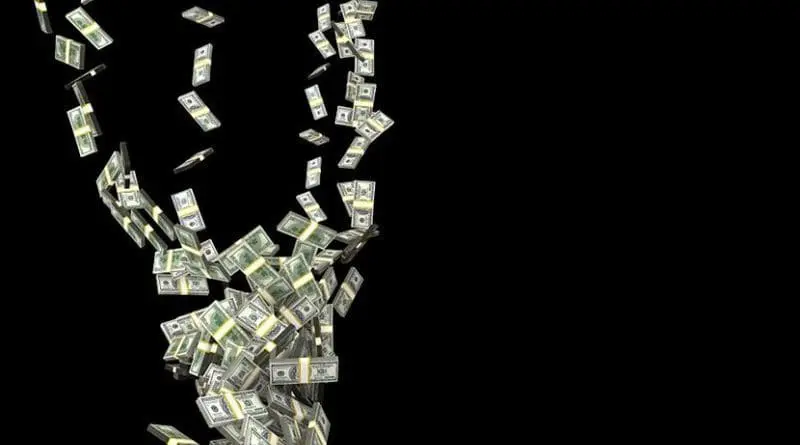US Senators Raise Objections To Potential Fiscal Cliff Deal
By VOA
While last-minute negotiations continue to avoid America’s so-called fiscal cliff, some legislators of both parties are voicing opposition to a potential deal. Broad cooperation among Democrats and Republicans will be required to put an agreement to a vote in the Senate before a midnight deadline.
Barely 12 hours before a severe automatic austerity regime kicks in, Senate Majority Leader Harry Reid gave a somber assessment of final negotiations to avoid the fiscal cliff.
“There are a number of issues in which the two sides are still apart. Negotiations are continuing as I speak, but we really are running out of time,” he said.
A new poll shows Americans blame Republicans in Congress more than President Barack Obama or congressional Democrats for the nation’s fiscal cliff crisis.
The Reuters/Ipsos online poll of nearly 1,500 Americans shows 27 percent blame the Republicans, 16 percent blame Mr. Obama and 6 percent point to Democrats in Congress. Thirty-one percent blame all of them.
But 67 percent of those surveyed said the fiscal cliff crisis was not affecting their holiday spending.
The poll was conducted from December 23 to December 27.
News reports say talks between the Senate’s top Republican and Vice President Joe Biden have narrowed differences on the income threshold for tax hikes on wealthy Americans, and other thorny issues that have stood in the way of a bipartisan deficit reduction deal.
Democratic Senator Tom Harkin said the new threshold reportedly being considered, significantly above the $250,000 level President Barack Obama campaigned on during his re-election bid, is too high for him to endorse.
“This is one Democrat that does not agree with that – at all. Quite frankly, no deal is better than a bad deal. And this is a very bad deal the way it is shaping up,” said Harkin.
Some Republicans also are crying foul. Senator Rand Paul said any agreement reached will spur more government spending and make America’s fiscal problems worse, not better.
“There will be no spending restraint. In fact, whatever deal comes out of here, will increase spending, that is part of the deal. We are going to raise taxes and raise spending. Tell me what is good about that,” said Paul.
Such objections could doom an agreement in the Senate, where unanimous consent is required to bring a bill to an immediate vote. In effect, any of America’s 100 senators could block a vote by raising an objection.
Such an outcome would be tragic, according to Democratic Senator Barbara Boxer. “We all know that no side, if there is a deal, is going to get 100 percent of they want. We know that because one party does not control everything. So we are going to have to meet somewhere in the middle.”
Unless President Barack Obama signs a bill passed by both houses of Congress by midnight, taxes will automatically rise on all income groups, and deep across-the-board spending cuts will go into effect. Action is still possible after January 1, but economists warn of increasingly-severe damage to the U.S. economy the longer a stand-off in Washington continues.

